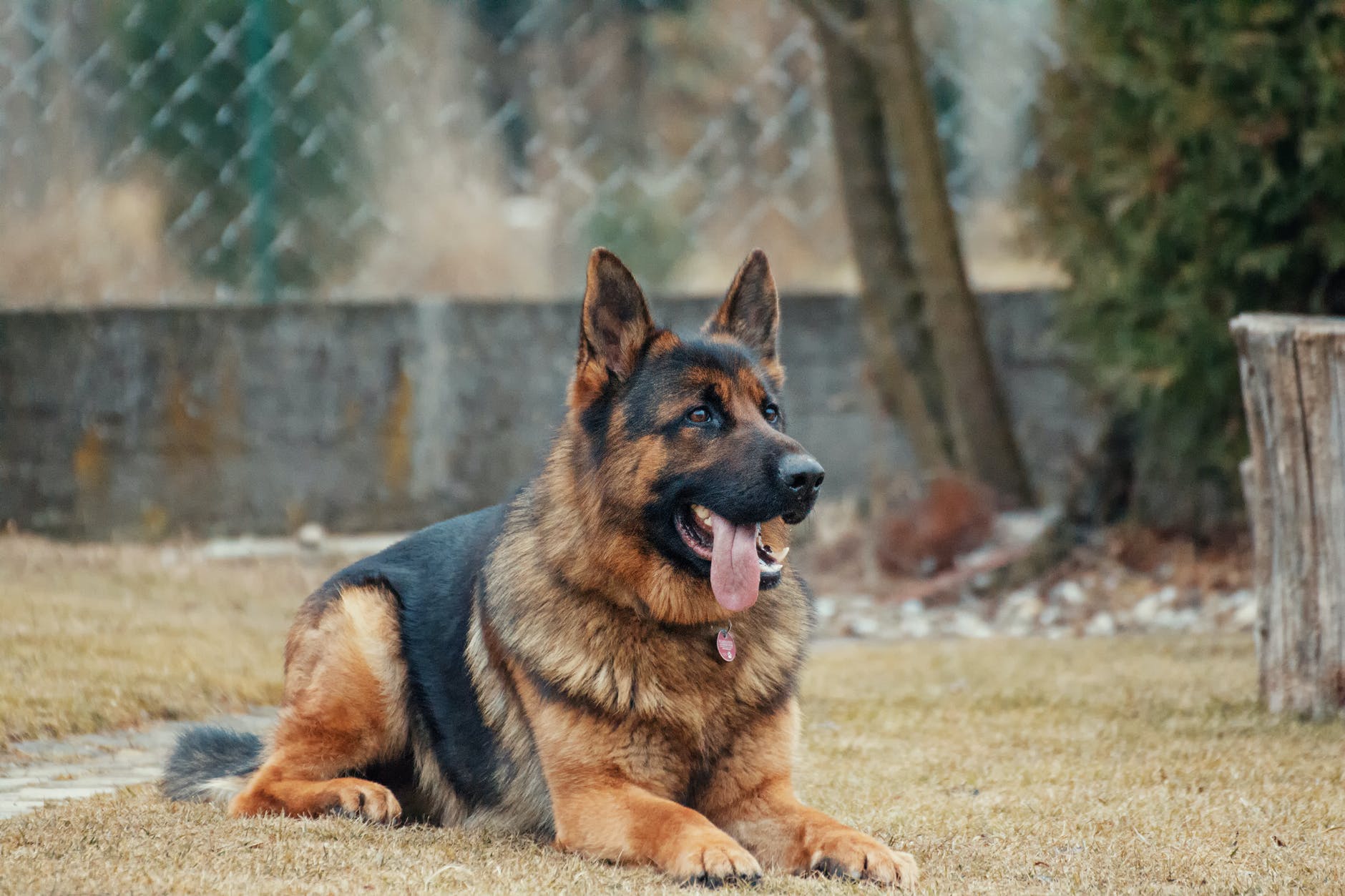Winter is upon us and with it comes potential new dangers for dogs, both inside and outside of the home.
New research from Direct Line Pet Insurance reveals only two-fifths of dog owners are aware of the seasonal issues their dogs may face in winter, although more than half of dog owners admit they are fearful of the hidden dangers lurking underfoot when walking their dog.

With fewer hours of daylight, dog owners need to be more careful as hidden dangers such as nettles, broken glass, pieces of metal and even fallen fruits, that can be harmful to your dog if eaten, can be discreetly hidden in their path.
Amongst hidden dangers, the research revealed fireworks and seasonal canine illness cause the most anxiety for dog owners during winter, followed by sniffing pesticides, eating poisonous foods and the risk of frostbite as a result of freezing temperatures were also amongst other worries for dog owners.
The most common poison dogs will encounter during winter
Antifreeze poisoning is a common type of poisoning dogs may face this season. It typically happens when liquid drips from a car’s radiator and is licked off the ground and ingested by a pet.
Direct Line found nearly a quarter of dogs harmed in winter months had been harmed due to antifreeze.
Throughout winter, dog owners may naturally reduce the time they spend outdoors with their pet because of lighting and colder temperatures, with a third of dog owners admitting they change their habitual walks during winter by the length of time, route and even the time of day they walk their dog.

Commenting on the survey’s findings, Madeleine Pike, Veterinary Nurse at Direct Line, said: “With shorter days and fewer hours of sunlight in winter, the hazards outside of the home for dogs can be less obvious. Hidden dangers on walks, licking spilt antifreeze and eating fallen fruits can cause severe injury to dogs and can make them very unwell. We encourage owners to be extra cautious of the outdoor risks that can occur this season.
“Similar threats can be found inside the home. It’s common for visitors to have the tendency to sneakily feed ’treats’ to your pet. Chocolates, nuts and raisins are just some of the foods which are poisonous to dogs and can lead to severe indigestion and distress. With smaller dogs like Chihuahuas, Terriers and Pugs, it could be catastrophic. We urge all dog owners to be aware of what their pet is eating this winter and stick to dog friendly treats.”
Watch out for these festive dangers inside the home
Over 1000 claims made throughout last year were made because of pets being poisoned from plants and foods, so it’s important that owners are aware of the potential dangers.
A fifth of dog owners worry about the harm festive plants can have on their pet indoors. Festive foliage such as mistletoe, poinsettia and holly begin to make an appearance and can irritate dogs’ fur, and if swallowed, can lead to poisoning.

Direct Line’s tips for protecting pets this winter
1. After a walk, take a few seconds to look for any wounds, cuts or injuries on your dog
2. Salt and grit used on roads in winter can irritate a pet’s paws. If you use salt around your home, choose a pet-safe product
3. If you can, try to walk your dog when it is light or in well-lit areas and parks so that hazards can be more visible
4. Only treat your pets to dog friendly foods. Be cautious of what friends and family may give your dog as a “treat”
5. Keep your dog warm with protective blankets. Overnight temperatures can massively drop, and dogs can run the risk of getting hypothermia.
If owners feel that their dog has eaten something that they shouldn’t or if they have any concerns, Direct Line Pet customers can connect with a vet 24/7 through PawSquad which is provided for free with their pet policy. If in doubt customers should get their pet to the vet immediately.
Enter your email and never miss out on receiving our best articles:






